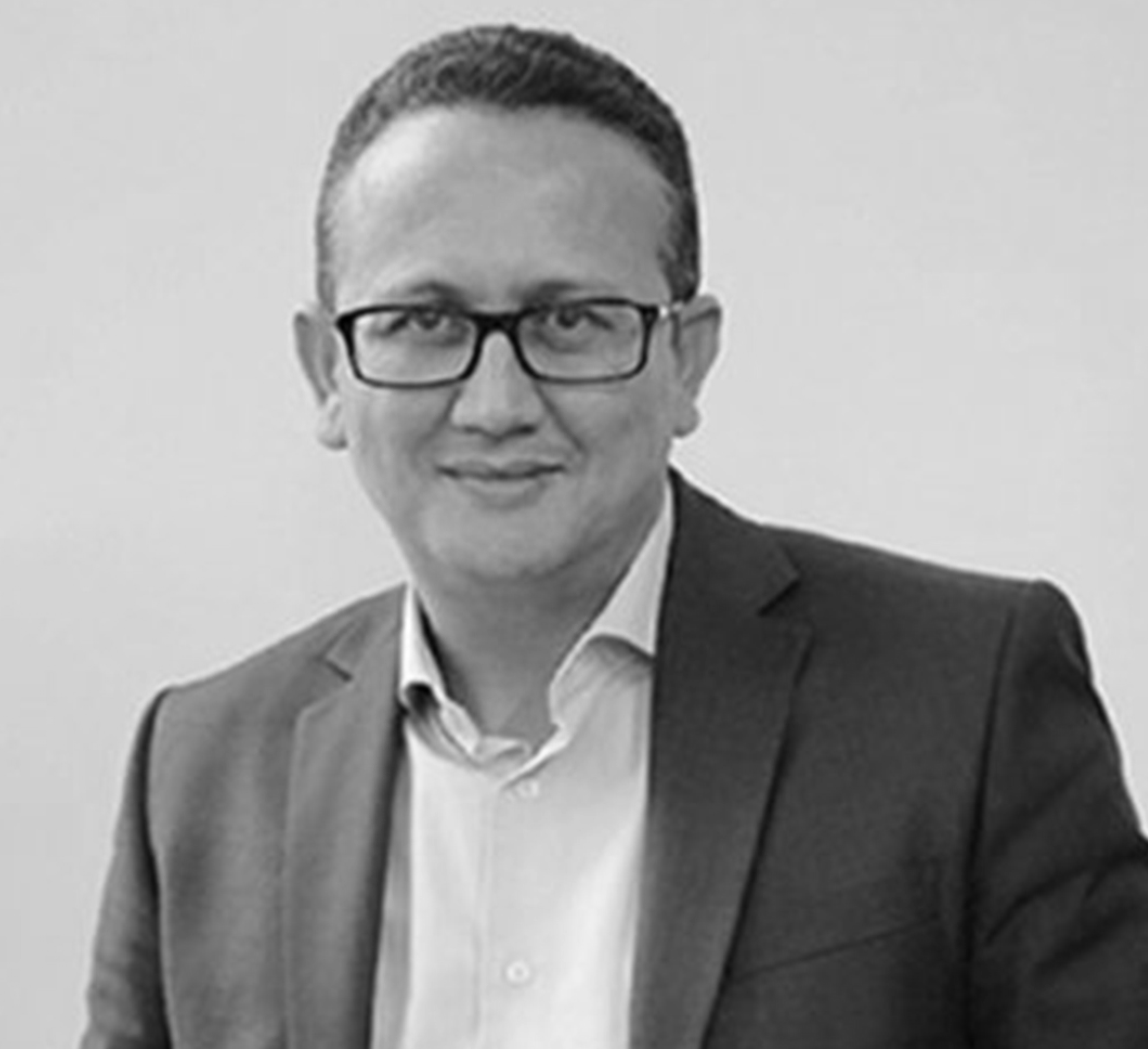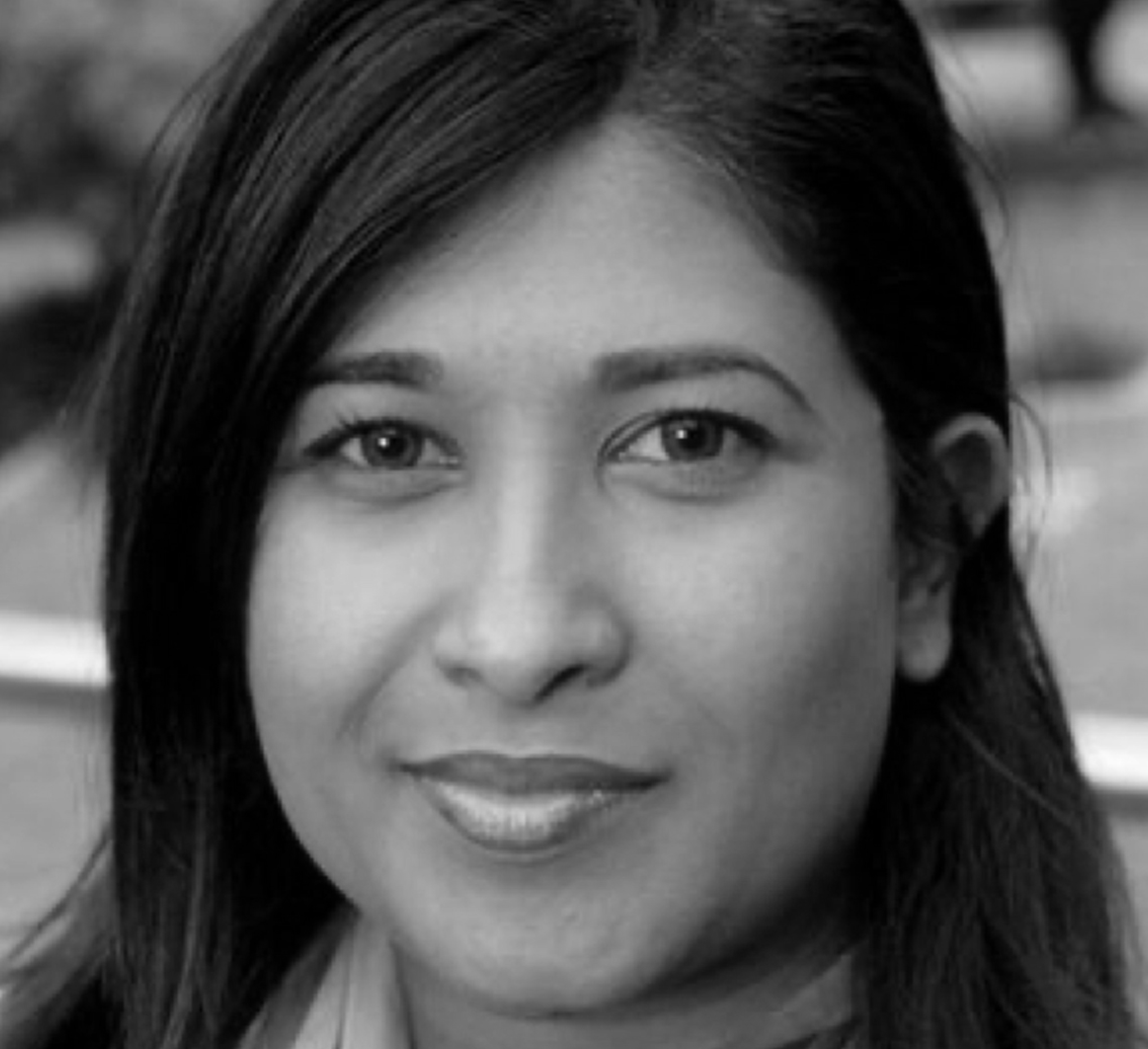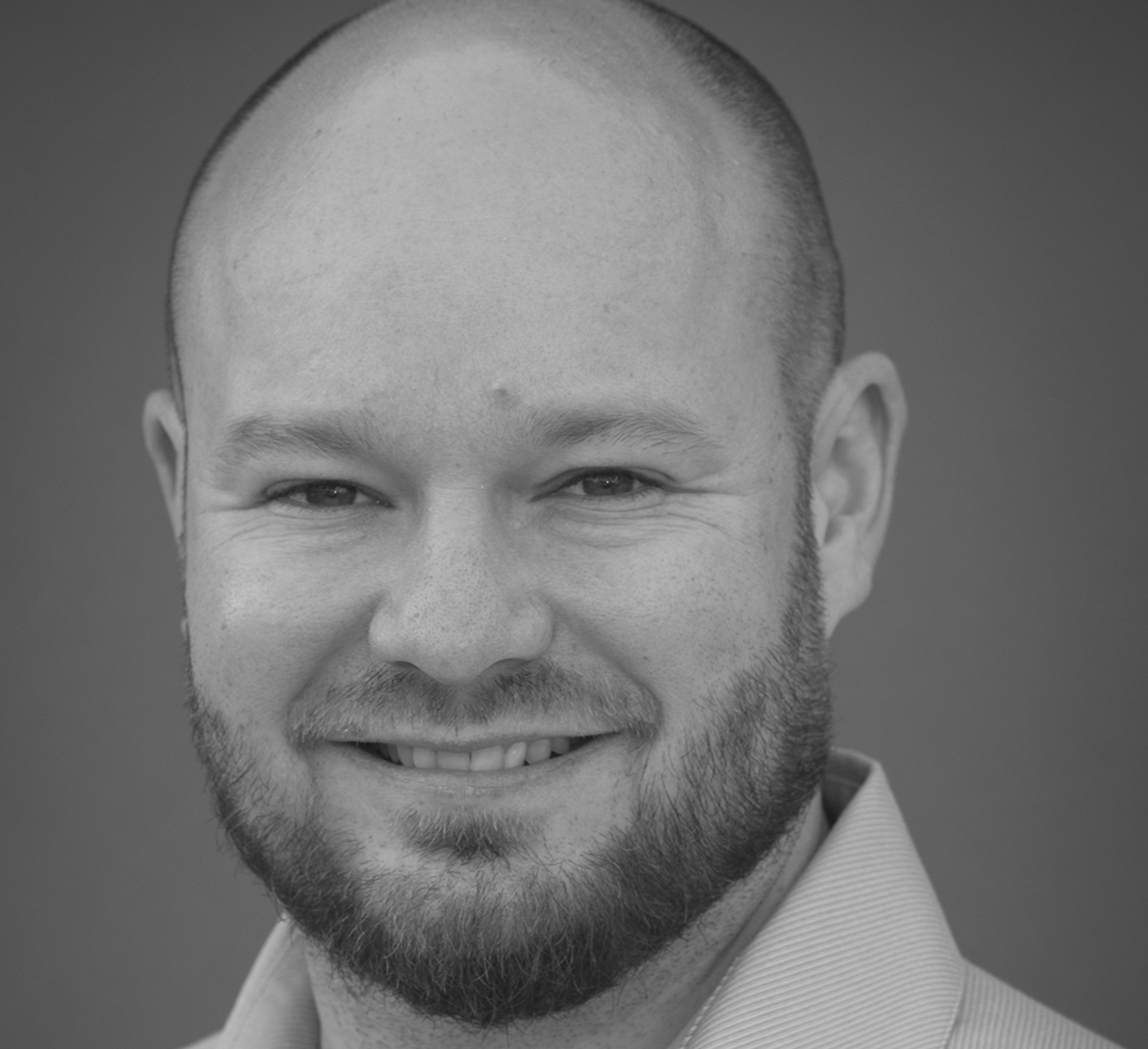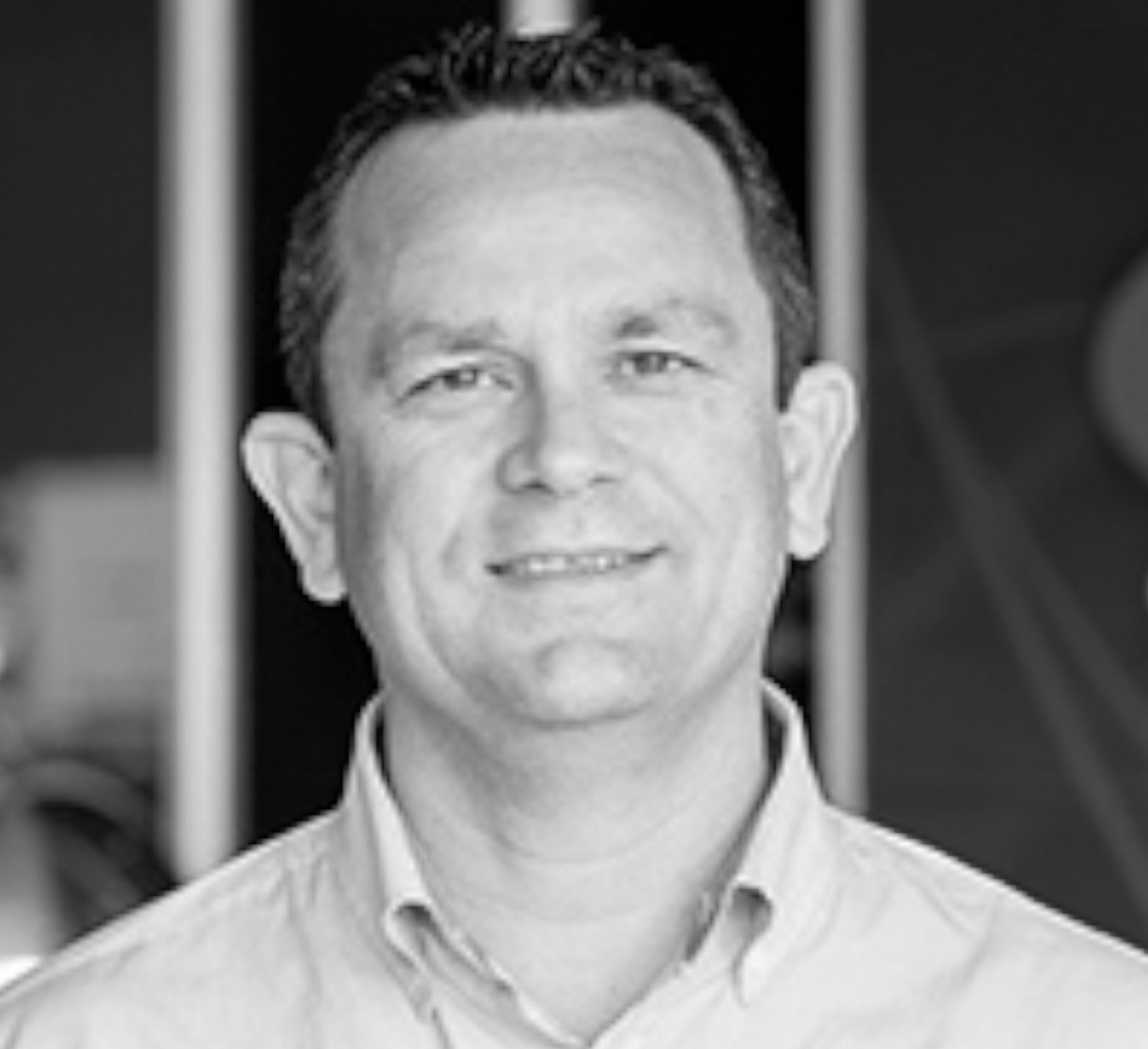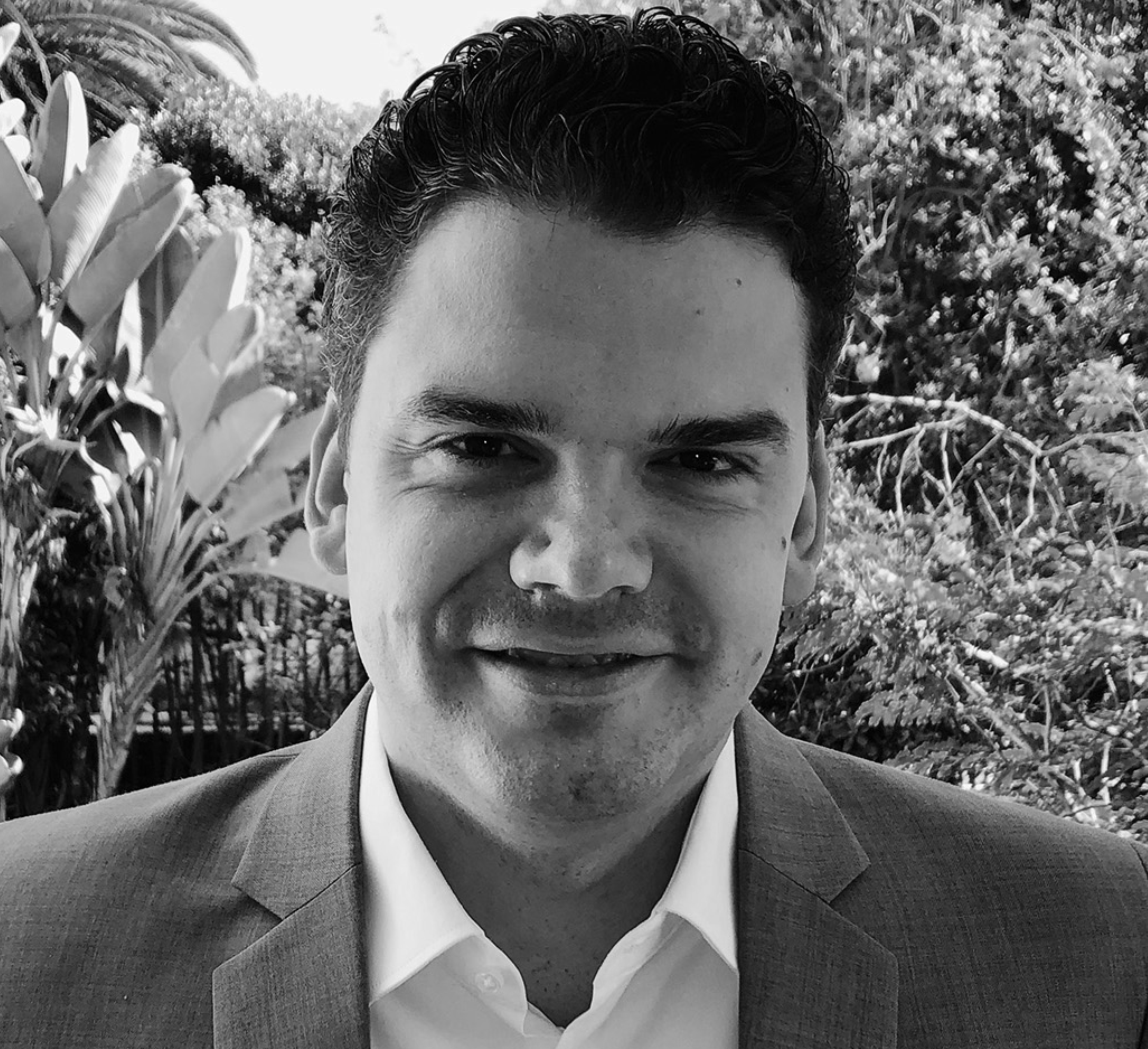91: Yassine Soussi
Senior Director of Finance Controlling – Ooredoo Tunisia
Ooredoo Tunisia is the country’s leading telecoms provider with over eight million customers but it’s not escaped the challenges of the Coronavirus pandemic.

CIARAN RYAN: This is CFO Talks and I am joined today by Yassine Soussi, who is a member of the International Association of Financial Executives Institutes. He’s also currently Senior Director of Finance Controlling at Ooredoo Tunisia, which is a telecoms company that is widespread throughout the Middle East, we are going to get into that in a minute. He previously worked in the ceramic, petroleum, logistics, and now currently the telecoms industry. First of all, Yassine, you are talking to us from Tunisia, the north part of Africa, we are down here in the southern part of Africa, how are you doing?
YASSINE SOUSSI: Hello, how are you?
CIARAN RYAN: Very, very well. We are also joined here by Nicolaas van Wyk, who’s the Chief Executive Officer of the South African Institute of Business Accountants. Hello Nicolaas.
NICOLAAS VAN WYK: Hello Ciaran, hello Yassine, it’s nice to join you.
CIARAN RYAN: Yassine, I am interested to get a bit of background on Tunisia and the economic climate there at the moment, particularly during the Covid lockdown, just give us idea…first of all, what’s the population of Tunisia, is the economy doing well?
YASSINE SOUSSI: Tunisia is a country of contrasts, while important progress has been made in the political transition toward our democratic system of governance, particularly in Middle East and North Africa [indistinct] transition has not kept pace. Why? So internal constraints such as the fragmentation of political party system and related difficulty in reaching consensus in some key economic reforms have combined with some external constraints such as conflict in neighbouring Libya to slow down economic recovery and generate growing social protection among Tunisia with the lack of employment. So it’s a country of around 12 million, Tunisia has been facing an upsurge in Coronavirus in the last few weeks, with more than 30 deaths per day, compared to a total of 50 between March and June 2020. Government authorities have, therefore, tightened [indistinct] to limit the spread of the pandemic. As of the beginning of October, all gatherings were banned, and since October 8 there’s been a curfew in place from 8pm in several regions, mainly in Grand Tunis. The Tunisian economy was already in a very bad state before Covid-19 and it will be even more [indistinct]. Tunisia has seen a record shrinking of its economy with the GDP cut by around 21.6% in the second quarter of 2020, and unemployment rising to 18% and predicted to be around 20% of that at the end of the year. According to the study conducted by both the government and United Nations to what is being referred to as unprecedented contraction of economic activity in 2020.
CIARAN RYAN: What was the unemployment rate before, you say it’s going to be 20% at the end of the year? What was it before the lockdown?
YASSINE SOUSSI: It was around between 15% and 16%. We started the year with 18% and we planned to be at 20% the end of the year. In the first half of 2020, the unemployment rate rose from 15% to 18%, according to data from the Tunisian National Institute of Statistics, not accounting for the loss of work in the informal sector, which employs around 44% of Tunisia workers, mainly in agriculture, tourism, catering, trades, those are the four sectors most affected by Covid-19.
CIARAN RYAN: I suppose tourism is a big part of the Tunisian economy, if I’m not mistaken, and that would have been devastated by the lockdown pretty much the same as anywhere else in the world, including South Africa?
YASSINE SOUSSI: Yes, this is a big challenge for the country because tourism is the first source of foreign currency and tourism represents a huge part of our GDP in Tunisia. So we are facing a really very, very challenging year this year. I think the impact will go into 2021 also.
Number one telecoms operator in Tunisia
CIARAN RYAN: Tell us a bit about Ooredoo Tunisia, it’s a telecoms company where you’re currently working, that’s got quite a presence throughout the Middle East, just explain the nature of the business.
YASSINE SOUSSI: Ooredoo Tunisia is the number one operator in Tunisia with the first level of market share in terms of customers in Tunisia. Ooredoo Tunisia is a mobile, landline and international operator. We have more than eight million customers and 1,600 employees. So we have a prepaid market, a post-paid market and landline. We have a new technology deployed, 4G, so 4G is deployed in the major regions of the country and it’s a good structure.
CIARAN RYAN: What’s the business being like during the lockdown, has there been a drop in revenue, just explain that side of it.
YASSINE SOUSSI: In quarter three the Coronavirus pandemic continued to impact the economy, especially the telecom market, so GDP growth is forecast to decline to -4%, and it was around 5% at the beginning of 2020. The inflation rate has also been revised to 6.2%, the forecast was around 5.7% at the beginning of the year. So we have had a significant decrease in sales due to the reduced distribution channels, due to shops in lockdown and under curfew. Tourism and also the foreign visitor numbers have fallen down, so a decrease in international voice business.
CIARAN RYAN: You’re a former president of the Tunisian Association of Financial Controllers, which I think is called COGEREF, maybe just explain what does that body do, what’s its primary function?
YASSINE SOUSSI: What’s the primary function of the COGEREF, it’s the first association in Tunisia for financial leaders, created in 2011. We have an hour base accounting, finance leader panel function and we have more than 4000 participants in our events. We organise many events, we organise conferences, international speakers, especially from France because in Tunisia we are francophone. We have other collaborations with Algeria, Morocco, France, Italy and Canada. We operate within the public sector, the private sector and with other organisations.
CIARAN RYAN: All right, what is the state of the accounting profession in Tunisia? Does it have a good reputation, have you had problems in terms of scandals, like we’ve seen in other parts of the world, like we’ve had in South Africa, and with Wirecard and that kind of thing happening in Europe. So what is the general state of the accounting profession in your opinion?
YASSINE SOUSSI: So the main source of accounting regulation in Tunisia is the law of December 13 1996, concerning the company accounting system and the professional practices. So accounting standards include general accounting standards, technical standards in Tunisia. In 2010, the Tunisian authorities declared their intention to have the Tunisian accounting standards migrate to IFRS by 2014. So the accountant is responsible for legal obligation of the company with regard to accounting. We also have the chartered accountant who certifies company accounts, we have the auditor who certifies the accounts carried out by the chartered accountant for a company with more than 15 employees, and [indistinct] stock companies and public limited companies. About reputation, yes, the accounting profession is recognised for outsourcing professional services in Tunisia to public and private companies in all sectors, and has a local and international reputation in the areas of audit, tax advice and risk.
CIARAN RYAN: So Tunisia moved towards IFRS in 2014…
YASSINE SOUSSI: Not yet, we have some little changes, but we haven’t moved to the IFRS standards right now.
CIARAN RYAN: Okay, so what standards are you using?
YASSINE SOUSSI: In Tunisia we use local standards for all accounting. We have some companies that use local standards [indistinct] and the international standards, the IFRS standards, for reporting. For example, in Tunisia we have two standards, we have local standards for the local authority, and we have IAS standards, we are fully compliant with the IFRS standards, for all reporting to the group because our group is already listed in Qatar.
CIARAN RYAN: Nicolaas, do you want to ask a question?
NICOLAAS VAN WYK: Thanks Ciaran. Yes, Yassine, thanks for this opportunity, SAIBA is building a relationship with COGEREF, and similar to Tunisia, in South Africa we find professional accounting bodies, chartered accountants, professional accountants and also auditors, mainly focusing on the financial statements of companies and the like. Then recently, SAIBA started a finance executive association for South Africa, under our banner of CFO Talks, and we joined IAFEI, the International Association of Financial Executives Institutes. But how would you, from your Tunisian perspective, how is your relationship between COGEREF, the financial executive leader association, with the accounting bodies, why is there a difference and what is your relationship with them?
YASSINE SOUSSI: We have a good relationship between COGEREF and accounting association, and we participated in some events with the accounting association and, as I say, we have a good relationship, we have a good collaboration between COGEREF, and we always request the advice of the accounting association on some topics in Tunisia. We have good international collaboration between COGEREF, the accounting association and international experts, so we have some exchange between the COGEREF relationship and the accounting association relationship.
NICOLAAS VAN WYK: What is your membership criteria, is there criteria for a person to be able to join COGEREF, do they have to have a certain qualification, experience or do they have to work for a company of a certain size?
YASSINE SOUSSI: At COGEREF we are really open, we accept all experts and all competence related to finance, related to communication, related to accounting experts. In COGEREF we organise also some events, for example, in communication, how to communicate in a crisis period, it’s not only technical finance, it’s not only accounting but we organise some events related to some [indistinct], we also organise some events about how to manage people, for example, in this Covid period, not only technical but we are open for all the experts. How to join COGEREF, the major part of our days in COGEREF is finance, treasury, accounting experts from private and public companies, and also credit collection and the controlling activities.
‘Finance executives are different from accountants’
NICOLAAS VAN WYK: We are focusing in South Africa on a similar perspective, we found that finance executives are different from accountants, they do more strategy and HR and communication, like you said. How do you see the CFO or the finance expert’s role change, moving into the future?
YASSINE SOUSSI: As I said, in quarter three the Coronavirus pandemic continued to impact the economy. However, the CFO’s actions to respond to Covid-19 by set [indistinct] plan, this is the first thing. As the Covid-19 crisis evolves, a CFO needs a quick perspective to ensure that they take the right actions for their organisation, their employees and their shareholders, especially as it relates to declining economic activity, [indistinct] and cashflow. In fact, technology and telecommunications CFOs continue to be more likely than other sectors to protect capital and technology investments. But CFOs are becoming concerned about the eventual impact of the pressure their customers are facing, especially in B2B sectors, into B2B segments and for the international companies. Senior finance leaders are getting their businesses and applying the following principles to the cost structure evaluation, first, the cashflow management, managing cashflow much more often than the past, reviewing and updating cashflows and forecast from the [indistinct] receivable perspective. Also the CFO and the finance leader are tracking customer payments more closely and are generally reluctant to extend payment terms or other discounts, and delay of non-essential capital investment, non-essential CapEx, we can say just to keep the lights on for right now, to protect strategic customers
evaluate the portfolio, to identify what should be considered for investment, what we need really for CapEx and determine what costs don’t need to return. I think the last point is scenario planning
and budgeting process improvement because in this crisis period, implementing budget methodology that previously met resistance, for example, like zero base at budgeting or [indistinct] forecasts, applying more resources to scenario planning to make it sustainable and applicable across decision-maker level. I think the last part is resources to technology to a technical department that reduces workload, fraud, streamlining and automation. Just to add one thing, in this period many CFOs are considering robotic process automation, how to streamline processes and how to automate processes to reduce all waste in the processes. So I think the waste elimination programme or cost optimisation programme is very, very important in this period and how to allocate the resources in the real area.
CIARAN RYAN: It’s pretty much the same story I think coming out of South Africa and elsewhere in the world, the CFO, the responsibilities on the shoulders of CFOs are greater than they’ve ever been in the past, they’re responsible for ensuring the survival of the business. So as you mentioned, the things like managing the creditors and the debtors and rescheduling capital investment. Basically, looking at the cash availability within a business. Nicolaas, maybe you can just talk about that from a South African perspective, does the role of the CFO change, where you really are expected to be a business turnaround expert?
NICOLAAS VAN WYK: Yes, definitely, there’s so much now being placed on the shoulders of CFOs, especially now with the world economy in a downturn. We’ve been hosting these interviews with CFOs from all over the world and I think the theme coming out is that we can describe them as general specialists. So they have to know a lot about strategy, HR, IT, automation and operations and have all of that in a meaningful way represented in their financial statements and explain to the board. So what we found and what would be helpful is if we could analyse the feedback that we’ve been receiving and develop a unified competency for CFOs. We actually found such a competency framework, there was some research done in Canada, it’s called moving from CA to CFO, the 34 competencies of the modern CFO, and we used those competencies to develop a designation. So in South Africa, we’ve registered with our government, it’s called the South African Qualifications Authority, a designation for CFOs. So after the person has accomplished certain qualifications and experience and can demonstrate these skills, we then offer them a designation. So in that way we hope to get a global designation that all CFOs can aspire to, much like the Chartered Financial Analyst, it’s a highly sought after designation, CFA. We are thinking that there might be a need to start talking about how do we get the competencies in all countries at the same level for senior finance executives.
‘I think the most important thing is a problem-solving ability’
CIARAN RYAN: Yassine, it’s a question I wanted to ask you about the skills that are required of a CFO because you don’t really learn this in a university. There are certain things, you’ve got to be able to manage a team, you’ve got to be able to communicate at a very high level. Unfortunately, some of these things you only learn on the job and you only learn through experience. Would you agree with that? What are some of the things that you don’t learn at university that you have to learn when you take up a senior financial position?
YASSINE SOUSSI: I think the skills of a senior position in finance, I think the most important thing is a problem-solving ability, so that’s the first thing. The second one is cash management, finance accounting, corporate finance competency and leadership skills with more and more strategic vision, it’s very, very important and a strong work ethic, and also business vision.
CIARAN RYAN: I’m glad you mentioned problem-solving because that really does seem to be the core of what the CFO is expected to do. Tell us a little bit about your career journey, where did you start off, where were you born, where did you study and how did you end up where you are now?
YASSINE SOUSSI: I am Tunisian, I was born in Tunisia, and when I left Carthage, it’s a business university in Tunisia, I went into the SME field at the beginning, [indistinct] sector, I started out in commercial but then I moved to finance and treasury. After that experience, I changed careers to be in more other big structures and in 2004 I wanted to move out to a multi-national organisation, especially in telecom market because in 2004 the teleco market was like a start-up. All people asked what’s this new business. So in 2004 I joined a telecom market with Ooredoo Tunisia, and immediately I was involved in several challenging projects, such as ERP implementation, building of business plan in the organisation, set up processes of business cases, planning, budget control, internal and shareholder expectation and reporting [indistinct]. Now after 16 years at Ooredoo Tunisia I hold the position of Senior Director of Finance Controlling. In this position, I have had many achievements in the last five years, such as with the redesign of key business processes, including business planning, project management and pricing proposals. Also, some other projects like [indistinct] implementation or Cognos reporting tools. Some new investment value basis thinking approach and also the implementation of a cost accounting system. I also manage revenue assurance and…transformation, a very strong contribution of a revenue assurance team in Ooredoo Tunisia and the analysis of customer behaviour…sometimes Ooredoo Tunisia marketing approach and distribution channels.
CIARAN RYAN: Just on that point, you’ve obviously implemented a lot of tightening of controls there. You’ve talked about cost management, revenue assurance and these are things that have become extremely necessary in businesses now at this time. When you’re looking into the future, into 2021, do you see the impact of this Covid thing lasting a lot longer, what are your projections telling you?
YASSINE SOUSSI: With this period of Covid we have improved our strict control of OPEX and CapEx implementation in order to deliver shareholders’ expectations. As you know, all structures in organisations are under pressure. The second thing is how to streamline processes, especially the purchase-to-pay process, and the third point is to be proactive in the business partner role and a stronger involvement of controlling and covering business planning, decision-maker support, this is very, very important, by putting in place some pricing committee, a marketing and sales committee, and the risk committee is very, very important to set up, and to optimise the pressure because when we are under pressure we need to optimise CapEx and OPEX, and just to understand when we can eliminate in processes and the costs.
‘The lockdown and the resulting economic downturn has caused all companies to relook at their cost structure’
CIARAN RYAN: Nicolaas, maybe you can just give us a comment on that from a South African perspective. What Yassine has been talking about is really the fundamentals of financial management, is good cost controls, looking very deep into your data, see where your profit centres are. Are we seeing this kind of trend happening in South Africa, has there been a change, do you think, in the way that finance executives are looking at their businesses?
NICOLAAS VAN WYK: Yes, definitely, the lockdown and the resulting economic downturn has caused all companies to relook at their cost structure and that requires deep knowledge of financial statements or financial processes and where cost originates. So the tracking of the expense right through the supply chain is highly important and, hence, the need for technology. So there is a definite increase in the focus that companies place on cost control, also on cash management, I think companies are still unsure about the future of economies and, hence, will delay future investments until it’s more clearer for them. So treasury management is also now a highly important aspect for all companies.
CIARAN RYAN: Yassine, are you optimistic? We’re now heading towards the end of the year, we’re approaching 2021, are you optimistic for the next year?
YASSINE SOUSSI: Yes, we should be optimistic. In Tunisia since 2011, for the past ten years since the Tunisian revolution, we need to be optimistic to go ahead to change Tunisia and to change the world from our company, to change the world from our office. Yes, we are optimistic, we should be optimistic.
CIARAN RYAN: Okay, here’s a question I ask everybody who comes on CFO Talks, we like to know what do you read, what are you reading and what would you like to share with us about that? YASSINE SOUSSI: Yes, it’s not a very technical book, but I recommend The System: Who Rigged It, How We Fix It by Robert Reich. Robert Reich is an American economic advisor, professor, author and political commentator. He served in the administration of President, I think also Jimmy Carter and Bill Clinton. He was also Secretary of Labour from 1993 to 1997, I think. He was a member of President Barack Obama’s economic transition advisory board. So it’s good reading for all the CFO Talks community.
CIARAN RYAN: Robert Reich, is he not the person who revolutionised Japan’s industry? He introduced all of these performance improvements in Japan, I think, back in the 1950s, maybe I’ve got the wrong person.
YASSINE SOUSSI: Oh, okay, I really don’t know.
CIARAN RYAN: That’s an interesting book.
NICOLAAS VAN WYK: I’d like to ask a question about the book. Yassine, what did you find interesting about the book? I’m just Googling it now, it says The System: Who Rigged It, How We Fix It, because it’s also something that we experience in South Africa that sometimes the economic system prevents most people from participating and favours larger companies, and don’t share the economic benefits. So what was your understanding of the book, what was the most important message from that book?
YASSINE SOUSSI: I think understands capitalism, the common goods and analysis of what had happened and how to improve our day-to-day and…how to understand democracy and how to understand what happened in the worldwide economy [indistinct].
CIARAN RYAN: Very good, we’re going to leave it there, thank you very much for joining us. Yassine Soussi is joining us from Tunisia, and also Nicolaas van Wyk, Chief Executive Officer of the South African Institute of Business Accountants, thank you both for coming on.
YASSINE SOUSSI: Thank you very much.
NICOLAAS VAN WYK: Thank you Ciaran, thank you Yassine, nice speaking with you and I’m sure we will have much more conversations in future.

